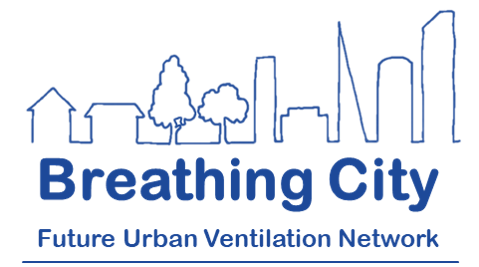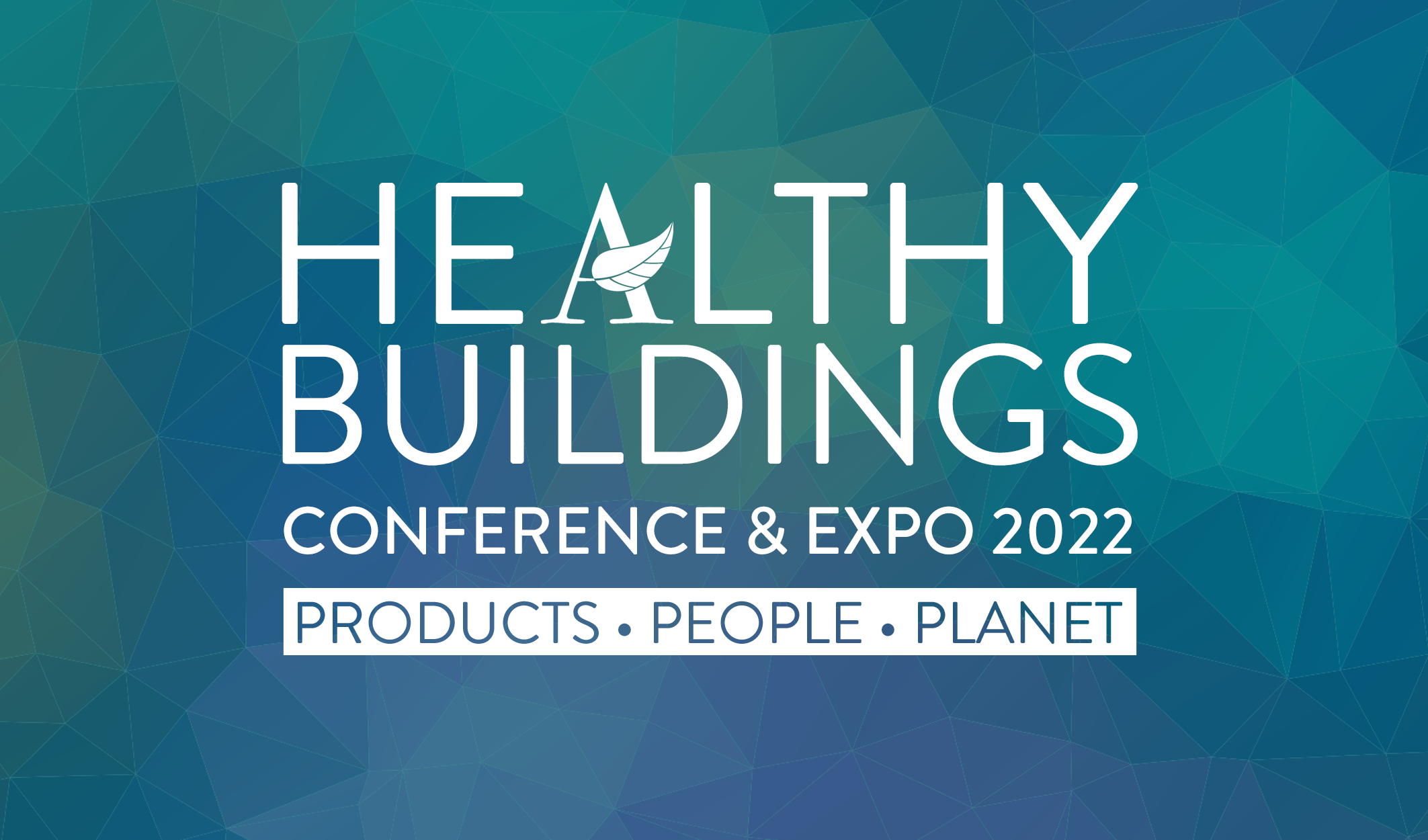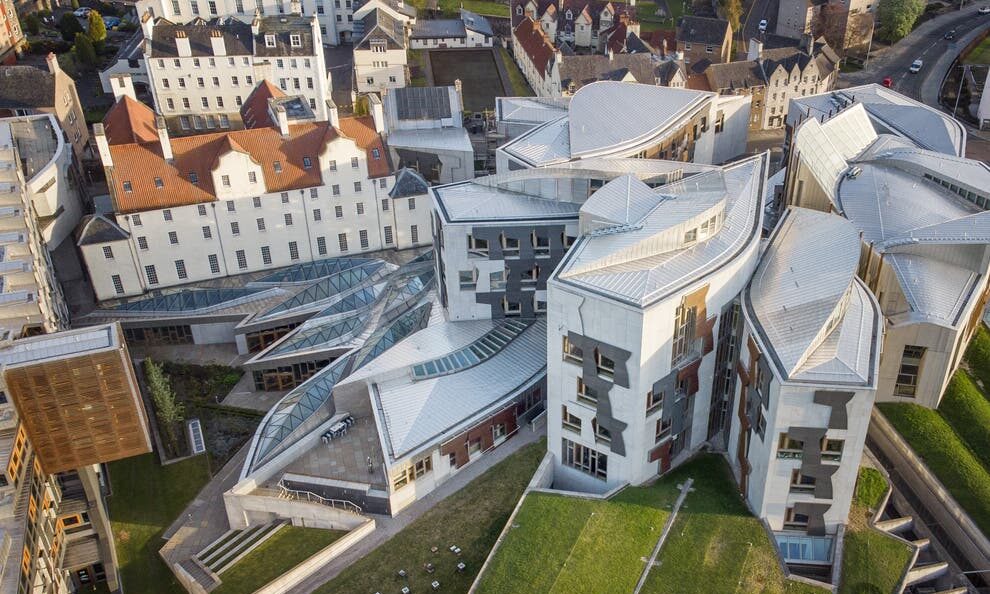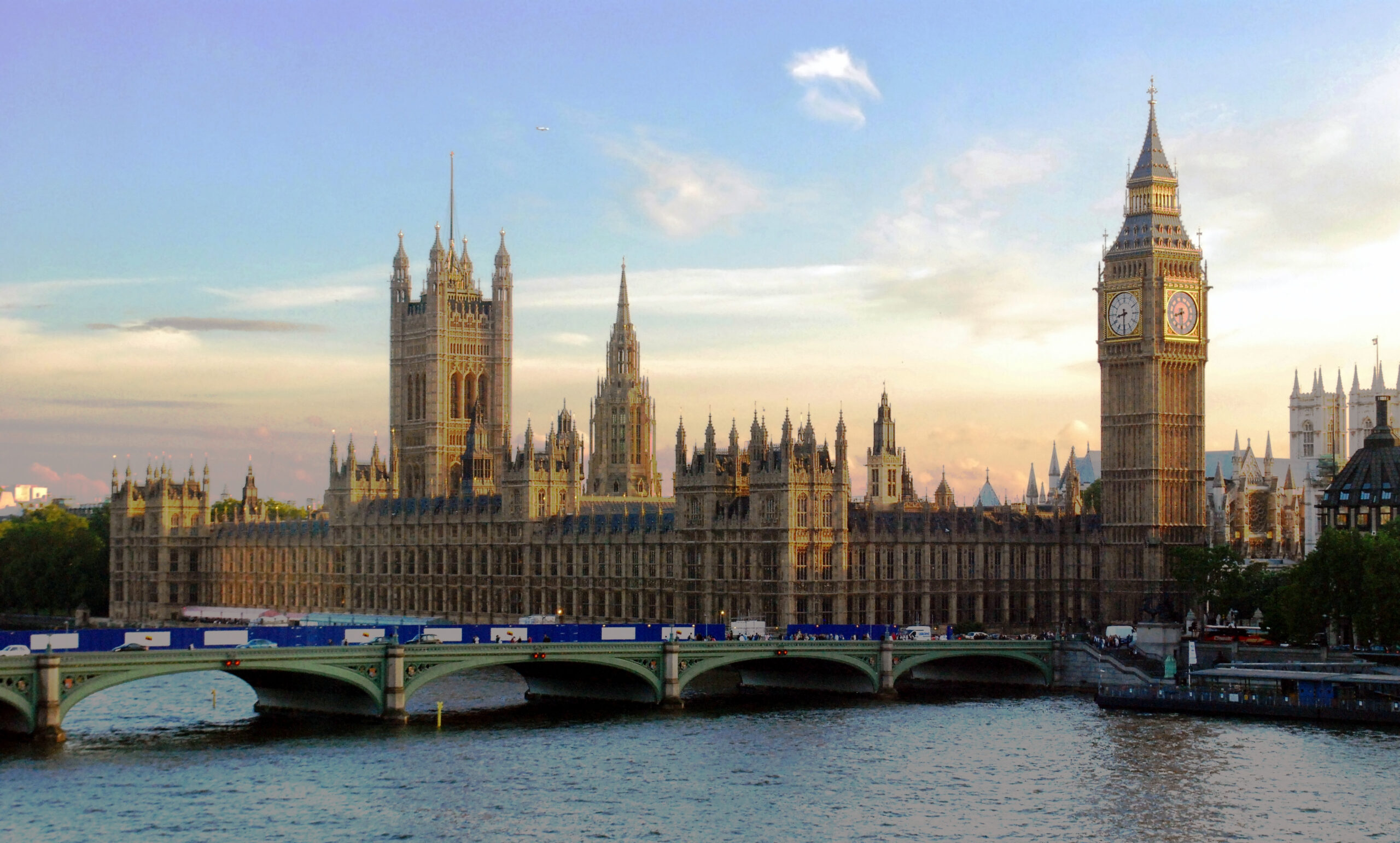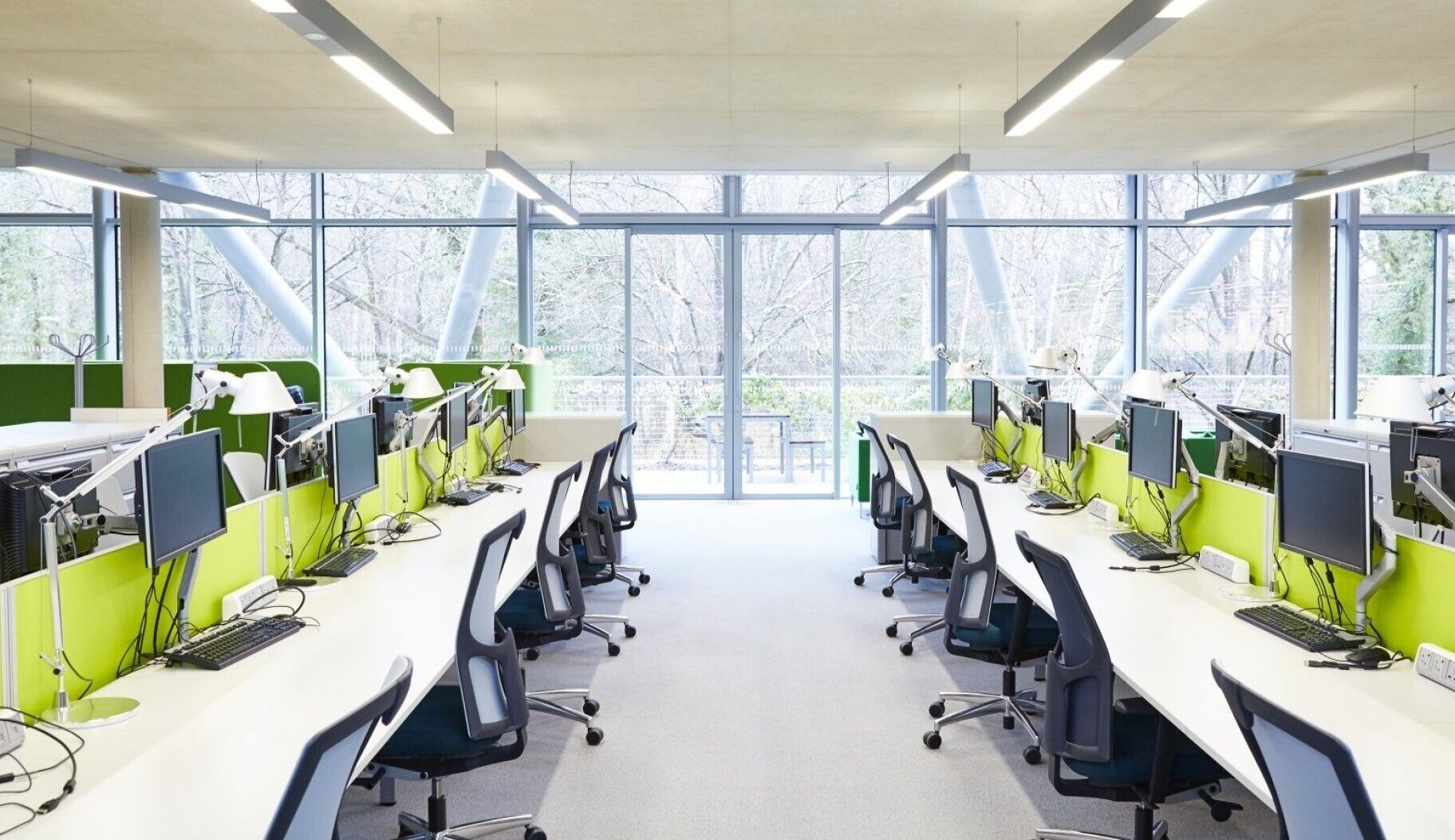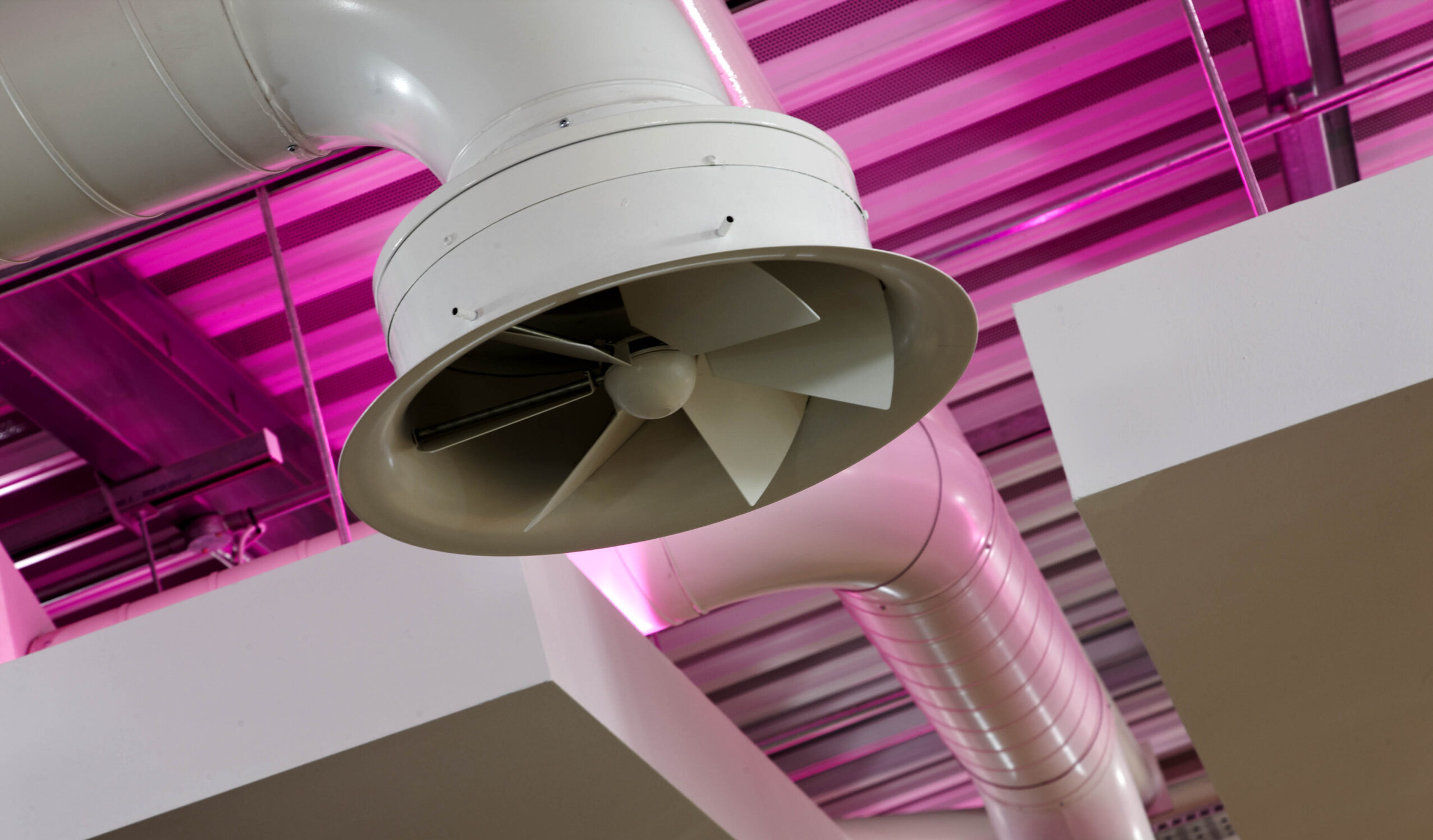TRANSITION Clean Air Network Discovery & Innovation Summit
The TRANSITION Clean Air Network Discovery & Innovation Summit (Online – 10th Feb 14:00-16:30) will showcase four TRANSITION-funded Clean Air Discovery & Innovation projects: More information and free registration at: https://www.eventbrite.co.uk/e/transition-clean-air-network-discovery-innovation-summit-tickets-228252237587
ASBP Healthy Buildings Conference 2022
The Alliance for Sustainable Building Products’ Healthy Buildings Conference returns for a 6th year, taking place online on Thursday 24th February 2022, 2-5pm. The conference will feature expert speakers at the forefront of their professions, with talks on indoor air quality and healthy product research, important new health & wellbeing standards, and cutting-edge case studies. Programme 14:10 KEYNOTE: Impact of building materials on indoor air quality and research around comparison of standard materials and low emission materials – Professor Nic Carslaw, Professor in Indoor Air Chemistry, University of York 14:30 Bio-based products and formaldehyde-free binders – Professor Avtar Matharu, Director of Green Chemistry, University of York 14:50 CASE STUDY: The Phoenix Project, Lewes: Local and sustainable materials on a meaningful scale, joined up thinking on Build and Design and the ‘Impact Framework for Remarkable Places’ – Andy Tugby, Site Manager, Human Nature 15:10 Q&A 15:25 Breakout rooms and networking 15:50…
Funding Call: SAQN Proof of Concept Awards
Deadline: 4 March 2022 SAQN are looking for innovative projects that either build on the previous work undertaken by SAQN Scoping Studies or that pursue new research applying STFC capabilities to address air quality challenges. They must demonstrate significant impact potential (either via follow-on funding, social/environmental impact, and/or commercial application). Proof of Concept projects might demonstrate a new technique to the community, develop a new product, a new type of analysis or develop a new instrument. Proof of Concept funds between £10,000 and £40,000 will be awarded at 100% FEC to successful applicants. STFC capabilities must be integral to the project, and should include an STFC-funded scientist as part of the project team. SAQN can help to identify and matchmake suitable project partners. Full details of the call, including eligibility and assessment criteria are available on the SAQN website, along with details of how to apply.
COP26, Ventilation and Air Quality
Among the buzz of COP26 in Glasgow, one of the key messages from our community this month has been to include ventilation in net-zero building design. The impact of built environments on climate targets is recognised at COP26 with an entire day dedicated to ‘Cities, Regions and Built Environment’. Changing how we build will be fundamental to mitigating climate change and providing adaptation to protect society against the impacts of the changing climate. Such changes should also consider air quality and ventilation to ensure buildings provide a healthy environment. Last month, Breathing City investigator Prof. Tim Sharpe, with the HEMAC Network (Health Effects of Modern Airtight Construction) and SEDA (Scottish Ecological Design Association), launched a design guide to Indoor Air Quality in Airtight Homes. You can download the report here. Making buildings airtight is good for comfort and energy efficiency, but it comes with health risks if not properly managed. Airtight homes can overheat,…
Scottish Parliament’s COVID-19 Recovery Committee receive evidence from Breathing City investigators
On Thursday 4th November 2021, Scottish Parliament’s COVID-19 Recovery Committee received evidence from Breathing City’s Professor Cath Noakes and Professor Tim Sharpe, along with Dr Hywel Davies (Chartered Institution of Building Services Engineers) and Dr Shaun Fitzgerald (University of Cambridge). This was the first of four evidence sessions on baseline health protection measures to respond to COVID-19 including steps to enhance ventilation in homes, workplaces and public spaces. A full recording of the enquiry is available here. Questions from the committee covered the challenges associated with ventilation, the accessibility of monitoring ventilation, how to balance thermal comfort and good indoor air quality and how to deal with the legacy of building stock with poor ventilation. In response, the expert panel highlighted the following points:
Outcomes from the HEMAC-FUVN policy workshop in Westminster
On Thursday 30th September 2021, leading ventilation experts including Prof. Tim Sharpe, Prof. Cath Noakes and Dr. Henry Burridge of Breathing City attended a policy workshop in Westminster to discuss the context of ventilation and health in relation to building standards and compliance, particularly in the context of the net zero agenda. It is now common knowledge that effective ventilation can help reduce airborne transmission of COVID-19. Yet, while the pandemic has spotlighted the importance of ventilation to our health and wellbeing, we urgently need to capitalise on this to drive home a message that stretches much further. Effective ventilation helps to remove harmful indoor air pollutants, prevent mould and reduce the transmission of viruses more widely. Fundamentally there needs to be a “paradigm shift” in how we perceive ventilation. Recommendation 1: ‘Ventilate when you Insulate’ The Government should include ventilation provision as part of the energy Performance Certificate (EPC),…
New publication on predictive and retrospective modelling of airborne infection risk using monitored carbon dioxide
Breathing City’s Dr. Henry Burridge, Prof. Cath Noakes and Prof. Paul Linden have recently published “Predictive and retrospective modelling of airborne infection risk using monitored carbon dioxide“ To better the understanding around the risks of airborne infection researchers have developed a method that can be readily deployed with either modelled or monitored CO2 data and occupancy levels within an indoor space. For spaces such as offices or schools which are consistently occupied by the same group of people, the methodology can easily calculate the expected number of secondary infections arising from a regular attendee becoming infectious and remaining pre/asymptomatic within these spaces. The calculations are based on both a modelled open-plan office and data from monitors in a small naturally ventilated office. By inferring ventilation rates from monitored CO2, estimates of airborne infection were accurately reconstructed, offering scope for more informed retrospective modelling should outbreaks occur in spaces where CO2…
Success Story: Improving ventilation to tackle COVID-19 in Scotland!
Breathing City’s Professor Tim Sharpe from the University of Strathclyde chaired an expert advice group who unanimously recommended that businesses should be supported to improve ventilation. On 28th September 2021 it was announced that business premises in Scotland will have access to a £25 million package to improve ventilation and reduce the risk of coronavirus (COVID-19) transmission. “Grants will target a wide range of high risk settings where people come into close proximity, including restaurants, bars and gyms, with support available to help companies undertake work such as the installation of carbon dioxide monitors and altering windows and vents.” Further details will be published on findbusinesssupport.gov.scot.
Repository Survey: Drafting a Breathing City open repository
Breathing City’s Open Repository team have published a new survey to collect comments and suggestions for the network’s draft Open Repository. We have started designing a repository by interacting with network members and responding to the network’s recent activities. We are considering which information is most sought after and are looking at other relevant databases/repositories already available to avoid overlap. Fill in the survey to have your say!
Theme one workshop: Perspectives on ventilation and air quality modelling
We are developing a technical framework to enable a new integrated health evidenced approach to urban building design and technology innovation. Theme one of our network, focuses on mechanisms for ingress and egress of pollutants in buildings and the tools and techniques for quantifying this exchange. Theme one leads, Malcolm Cook and Maarten van Reeuwijk are hosting an online workshop to identify how mathematical models are used currently by building stakeholders, to explore stakeholder needs in terms of ventilation and air quality, to explore reality versus modelling and to identify opportunities from emerging technologies. 14th September 2021. 10.00-15.00 10.00-12.15. Invited presentations from different stakeholders in this area: 12.15-13.00. Break for lunch 13.00-14.00. Breakout groups. Discussion topics to include multiple-stakeholder design; what models do different stakeholders require; what data do we need?; active/passive ventilation; and urban planning 14.00-15.00. Feedback from breakout groups and wrap up.
